- Products
-
-
The Image Range
Explore our range of playground equipment, shelters, seating and safety surfacing.
We also produce many bespoke pieces themed to specific projects, so if you’ve got something in mind, or you’re looking for ideas we’d love to talk it through – just get in touch.
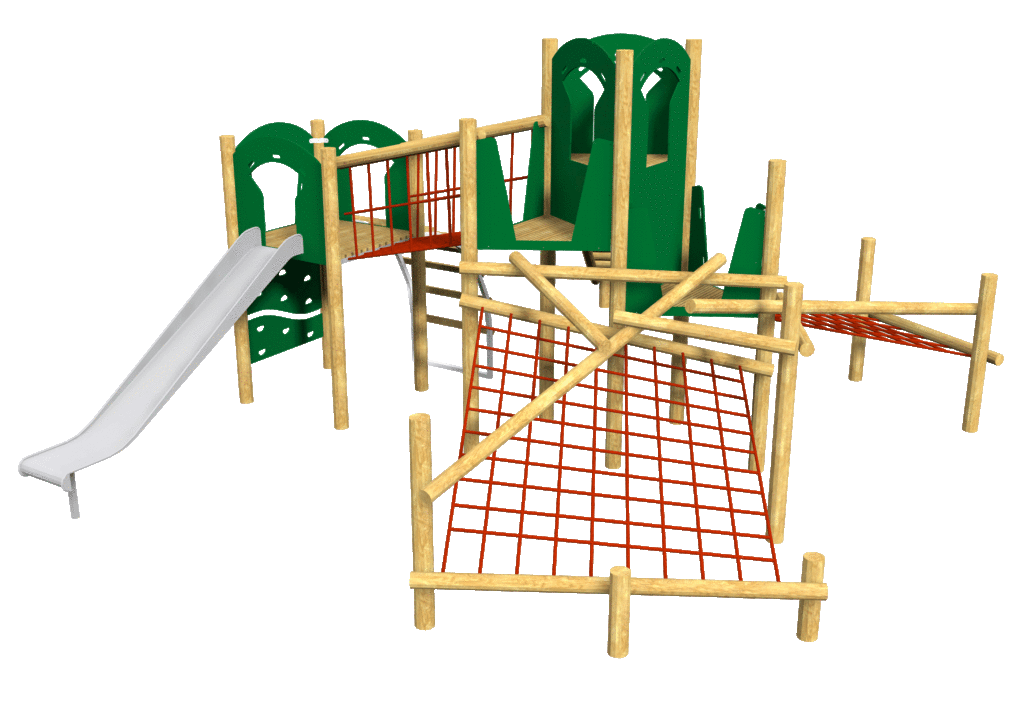
-
-
- Key Projects
- Testimonials
- About
- Blog
Play and Academic Performance
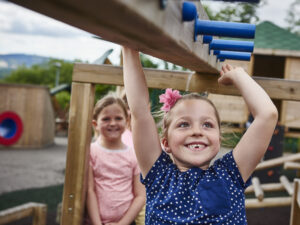
Most Children love to play as a natural drive to explore their surroundings which uncovers an adventure within them. According to Liden et al. (2013), unstructured play (free play) activities tended to achieve academic success this can help decision makers in Schools decide upon the extracurricular activities and the kinds of play that could be encouraged.
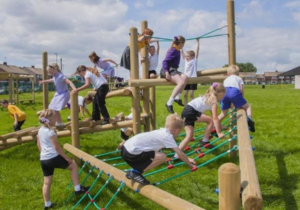
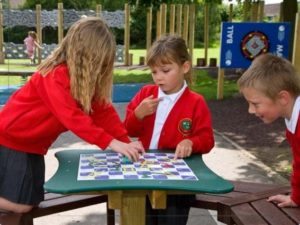
When a child plays in a structured way they may follow rules for instance following directions to assemble jigsaw puzzle or playing organised sport such as football as there are clear guidelines on how to play. However, unstructured play is creative and explorative and there are no expected outcomes for a child from an adult. As suggested by Early Learning (2019) there is a lot of pressure on parents to keep a child busy whereas it is so good for a child to have free play, this should be openly encouraged in primary schools. For instance playing in a playground or playing in their own den ie role play. This kind of play can help children learn from their mistakes. Plus a child who is shy can gain more confidence as a result of this being in a pressure free environment.
Further according to Patte (2022) twice the amount of unstructured free play should be introduced as this nurtures problem solving abilities, development of leadership as a result of most play being adult structured. It also fosters problem solving skills and develops cognitive understandings. However, finding a balance between unstructured free play and structured is important as this is the vital for development of children. Most importantly, it is a vehicle that advocates the ultimate happiness in a child.
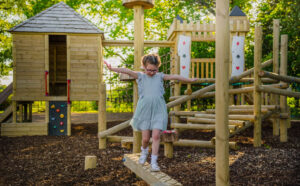
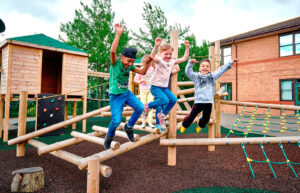

References:
Patte M Phd Benefits of Playing – The Decline of Unstructured Play with Kids (thegeniusofplay.org) [Internet] (2022)
Holmes, R. M., Liden, S., & Shin, L. (2013). Children’s thinking styles, play, and academic performance. American Journal of Play, [internet] 5(2), 219–238 Accessed 2022
The importance and benefits of free play |2019 First Five Years https://www.firstfiveyears.org.au/early-learning/the-importance-and-benefits-of-free-play [internet] Accessed 2022